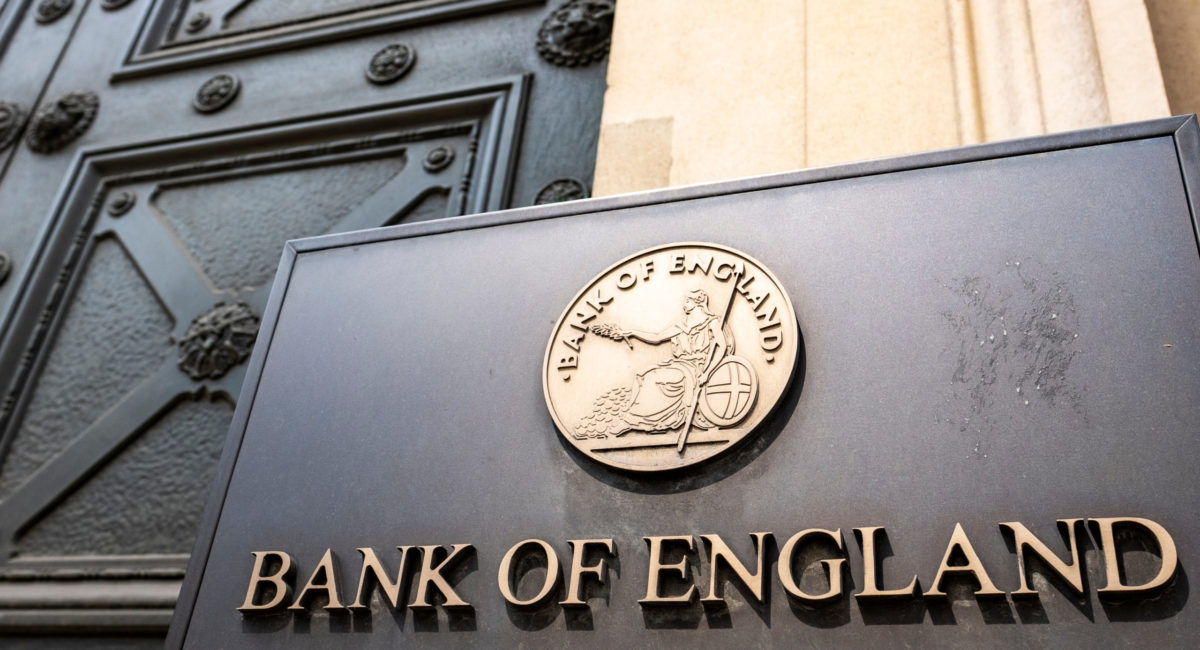Recession and deflation could soon be bigger threats
SUGGESTED

Christopher Snowdon writes for The Spectator


“UK inflation unexpectedly remained at four per cent in January, despite unhelpful base effects from some unusually weak price changes a year earlier. This will be a relief to the Bank of England and the Treasury, both of whom had been warning of a rise.
“The headline rate remains on track to fall to the two per cent target in April, when the Ofgem cap on energy bills will be lowered sharply, and it may well drop further later in the year. Recession and deflation could soon be the bigger threats.
“The headline rate was held down by a further fall in food price inflation and weakness in ‘furniture and household goods’ and ‘clothing and footwear’, suggesting that December’s slump in retail sales has prompted some heavier discounting. This is market forces at work.
“Underlying all this, money and credit growth is subdued, which should continue to dampen inflation in the months ahead.
“Interest rates are probably on hold until May, but when the Bank of England does move it is likely to move quickly, with rates ending the year at around four per cent.”
ENDS
Notes to Editors
Contact: media@iea.org.uk / 07763 365520
- In its January meeting, the IEA’s Shadow Monetary Policy Committee unanimously urged the Bank of England to cut interest rates to avoid the risk of economic stagnation. The minutes of the January meeting can be found here: Minutes of the SMPC meeting of 9th January.
- The Shadow Monetary Policy Committee (SMPC) is a group of independent economists whose purpose is to monitor the decisions of the Bank of England’s official Monetary Policy Committee and make its own policy recommendations.
The mission of the Institute of Economic Affairs is to improve understanding of the fundamental institutions of a free society by analysing and expounding the role of markets in solving economic and social problems. The IEA is a registered educational charity and independent of all political parties.



